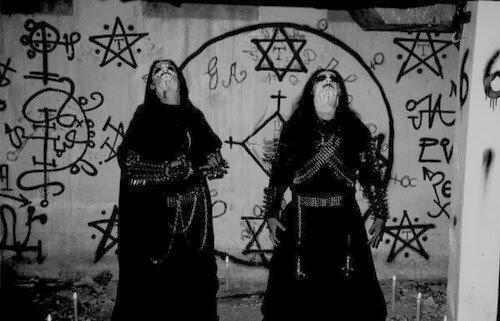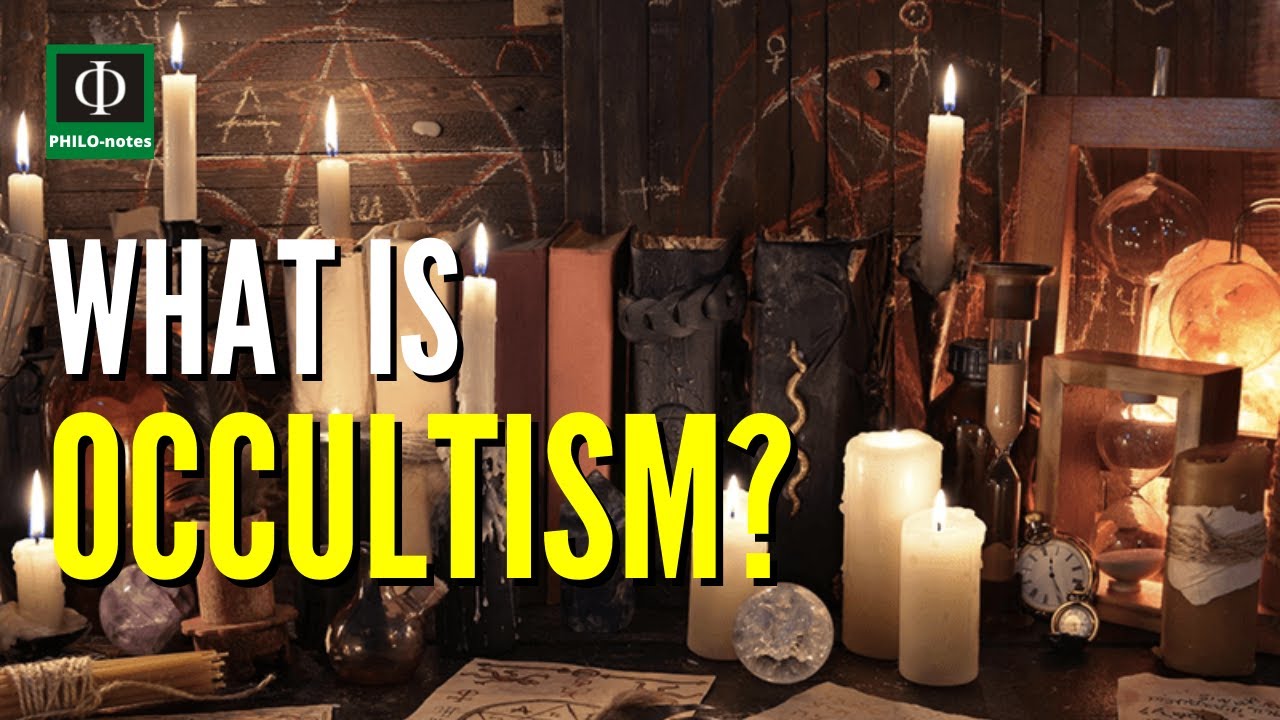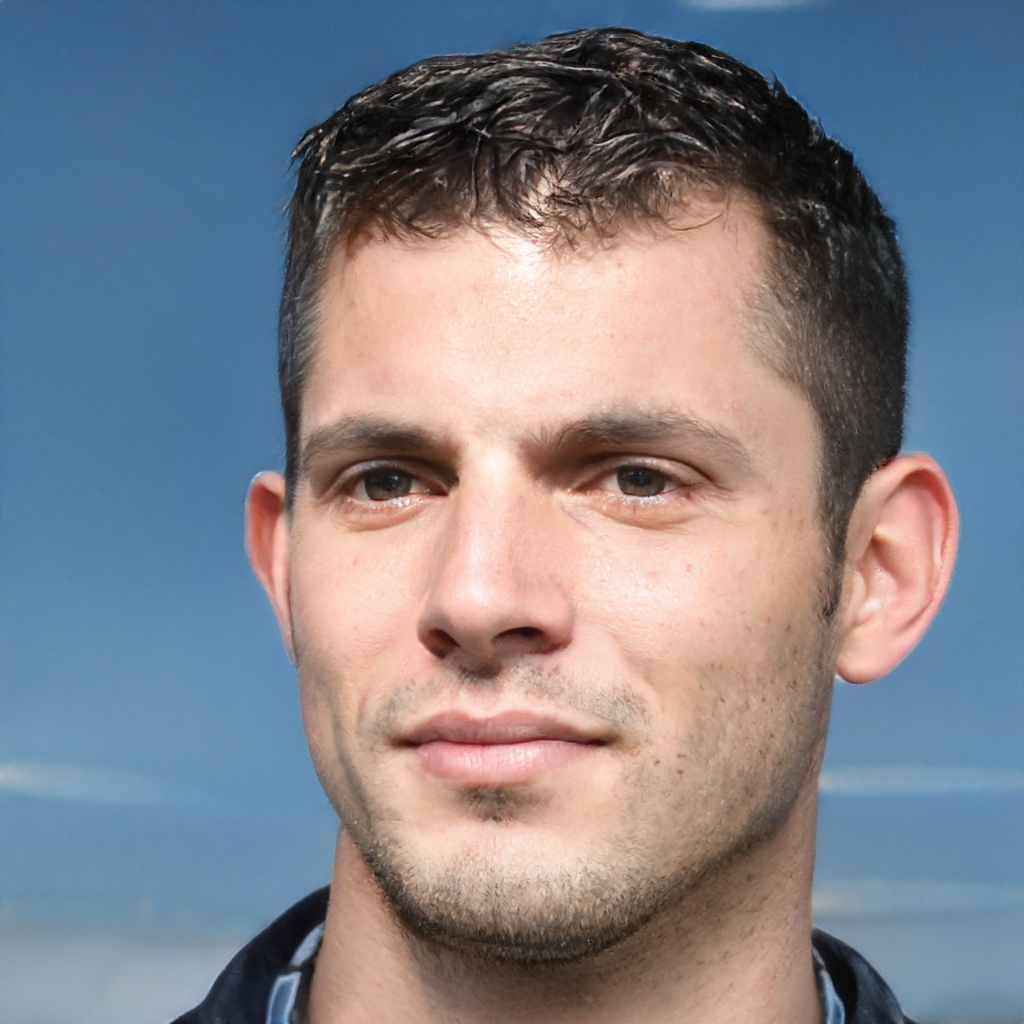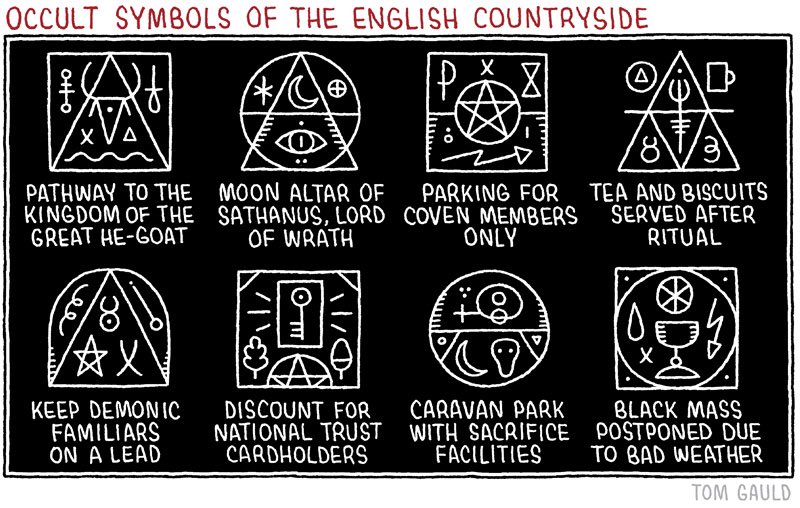What Mysteries Await In The World Of Occultism?
In the English-talking world, unmistakable figures in the improvement of occultism included Helena Blavatsky and different figures related to her Theosophical Society.
Author:Evelyn AdamsReviewer:Calvin PenwellJan 12, 20248.8K Shares158.3K Views

In the English-talking world, unmistakable figures in the improvement of occultismincluded Helena Blavatsky and different figures related to her Theosophical Society, senior figures in the Hermetic Order of the Golden Dawn like William Wynn Westcott and Samuel Liddell MacGregor Mathers, as well as others, for example, Paschal Beverly Randolph, Emma Hardinge Britten, Arthur Edward Waite, and - in the mid 20th 100 years - Aleister Crowley, Dion Fortune, and Israel Regardie.
By the finish of the nineteenth 100 years, medium thoughts had likewise spread into different pieces of Europe, like the German Empire, Austria-Hungary, and the Kingdom of Italy.
What Does Occultism Mean?
Occultism is a combination of different hypotheses and works including faith in and information or utilization of extraordinary powers or creatures.
Dissimilar to more seasoned types of esotericism, occultism doesn't dismiss "logical advancement or modernity".
Lévi had focused on the need to tackle the contention between science and religion, something that he accepted could be accomplished by going into his thought process was the antiquated insight found in magic.
The French researcher of Western exclusiveness Antoine Faivre noticed that as opposed to altogether tolerating "the victory of scientism", soothsayers looked for "an elective arrangement", attempting to incorporate "logical advancement or innovation" with "a worldwide vision that will make the vacuousness of realism more apparent".
The Dutch researcher of hermeticism Wouter Hanegraaff commented that mystery was "basically an endeavor to adjust obscurity" to the "disappointed world", a post-Enlightenment society where developing logical revelation had annihilated the "aspect of final secret" beforehand present.
In doing as such, he noted, occultism removed itself from the "customary exclusiveness" which acknowledged the reason for a "captivated" world.
According to the British antiquarian of Western elusiveness Nicholas Goodrick-Clarke, soothsayer bunches ordinarily look for "evidence and exhibitions by the plan of action to logical tests or terminology".
In his work about Lévi, the German student of the history of religion Julian Strube has contended that the soothsayer's wishes for a "combination" of religion, science, and theory straightforwardly came about because of the setting of contemporary communism and moderate Catholicism.
Similar to mysticism, yet in announced resistance to it, the development of occultism ought to accordingly be seen inside the setting of extremist social change, which was frequently worried about laying out new types of "logical religion" while simultaneously engendering the recovery of an old custom of "genuine religion".
Indeed, the rise of both present-day obscurity and communism in July Monarchy France have been innately intertwined.
One more component of occultists is that - in contrast to prior esotericists - they frequently transparently removed themselves from Christianity, now and again (like that of Crowley) in any event, taking on expressly hostile to Christian stances.
This reflected how inescapable the impact of secularization had been on all areas of European society.
In dismissing Christianity, these mediums here and there turned towards pre-Christian conviction frameworks and embraced types of Modern Paganism, while others rather took impact from the religions ofAsia, like Hinduism and Buddhism. In different cases, certain soothsayers did both.
Another quality of these mediums was the accentuation that they put on "the profound acknowledgment of the individual", a thought that would emphatically impact the 20th century New Age and Human Potential Movement.
This occultacknowledgment was supported both through conventional Western 'occult sciences' like speculative chemistry and stylized wizardry, yet by the beginning of the 20th century had likewise started to incorporate practices drawn from non-Western settings, for example, yoga.
Despite the fact that occultism is recognized from before types of esotericists, numerous mediums have additionally been engaged with more established obscure flows.
For example, mediums like François-Charles Barlet and Rudolf Steiner were likewise theosophers, sticking to the thoughts of the early present-day Christian mastermind Jakob Bohme, and looking to incorporate thoughts from Bohmian theosophy and occultism.
It has been noted, in any case, that this removal from the Theosophical Society ought to be perceived in the illumination of polemical character arrangements among esotericists towards the finish of the nineteenth century.
What Theosophy Means?
The term theosophy, got from the Greek Theos ("God") and Sophia ("insight"), is by and large comprehended to imply "divine insight."
Forms of this principle were held in ancient history by the Manichaeans, an Iranian dualist organization, and in the Middle Ages by two gatherings of dualist apostates, the Bogomils in Bulgaria and the Byzantine
Etic Utilizations Of The Term Occultism
During the 1990s, another occultism synonymwas advanced by Wouter Hanegraaff.
According to Hanegraaff, the term occultism can be utilized not just for the nineteenth-century bunches which transparently self-depicted utilizing that term yet can likewise be utilized concerning "the sort of exclusiveness that they represent".
Looking to characterize occultism so the term would be reasonable "as an etic class" for researchers, Hanegraaff formulated the accompanying definition: "a classification in the investigation of religions, which contains "all endeavors by esotericists to find some peace with an embittered world or, on the other hand, by individuals overall to figure out obscurity according to the viewpoint of a disenthralled mainstream world".
Hanegraaff noticed that this etic use of the term would be free of emic utilizations of the term utilized by mediums and other esotericists themselves.

What is Occultism?
In this definition, occultism covers numerous recondite flows that have been created from the mid-nineteenth century ahead, including Spiritualism, Theosophy, the Hermetic Order of the Golden Dawn, and the New Age. Employing this etic comprehension of "occultism", Hanegraaff contended that its improvement could start to be found in crafted by the Swedish esotericist Emanuel Swedenborg and in the Mesmerist development of the eighteenth 100 years, in spite of the fact that additional occultism just arose in "completely created structure" as Spiritualism, a development that created in the United States during the mid-nineteenth century.
Marco Pasi recommended that the utilization of Hanegraaff's definition could create turmoil by introducing a gathering of nineteenth-century esotericists who referred to themselves as "mediums" as only one piece of a more extensive classification of esotericists whom researchers would call "occultists".
Conclusion
Following these conversations, Julian Strube contended that Lévi and other contemporary creators who might now be viewed as esotericists fostered their thoughts, not against the foundation of an elusive custom in any case.
Rather, Lévi's thought of occultism arose with regards to profoundly persuasive extremist communist developments and boundless moderate, purported neo-Catholic ideas.
This further confuses Hanegraaff's qualities of occultism, since, all through the nineteenth hundred years, they apply to these reformist developments as opposed to an alleged gathering of esotericists.

Evelyn Adams
Author
Evelyn Adams is a dedicated writer at Kansas Press, with a passion for exploring the mystical and uncovering hidden meanings.
Evelyn brings a wealth of knowledge and expertise to her insightful articles. Her work reflects a commitment to providing accurate information, thoughtful analyses, and engaging narratives that empower readers to delve into the mysteries of the universe.
Through her contributions, Evelyn aims to inspire curiosity, spark imagination, and foster a deeper understanding of the supernatural world.

Calvin Penwell
Reviewer
Since diving into numerology in 1997, my path has been marked by extraordinary encounters and insights. A pivotal moment was uncovering a forgotten numerological manuscript in a tucked-away Italian library, which deepened my connection to the ancient wisdom of numbers. Another transformative experience was a meditation retreat in Nepal's tranquil mountains, where I honed my intuition and the art of interpreting numerical vibrations.
These adventures have not only enriched my numerological practice but also my ability to guide others towards understanding their destiny and life's purpose. My approach is deeply personal, rooted in a blend of historical knowledge and intuitive insight, aimed at helping individuals find their alignment with the universe's abundant energies. My mission is simple: to share the power of numerology in illuminating paths to abundance and fulfillment.
Latest Articles
Popular Articles

